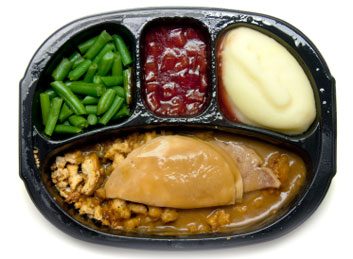Debate: Should food producers add cancer warnings to high-sodium foods?
If you don’t already omit added salt from your meals, you may want to start. The World Cancer Research Fund

If you don’t already omit added salt from your meals, you may want to start.
The World Cancer Research Fund (WCRF) warns that one-in-seven stomach cancers would be prevented if people kept to daily guidelines.
That’s why the organization is arguing that food should be labeled according to a ‘traffic-light’ system: Red for high, yellow for medium and green for low.
According to the Canadian Cancer Society, limiting the amount of salt and salt-preserved, smoked and processed foods you eat will help reduce your risk for stomach cancer.
And prevention is key when it comes to this deadly cancer: It’s usually not detected until it’s too late to do anything about it.
“Stomach cancer is difficult to treat successfully because most cases are not caught until the disease is well-established,’ Kate Mendoza, head of health information at WCRF, told BBC News.
According to a 2004 study published in the British Journal of Cancer, people who eat lots of highly salted food double their risk of stomach cancer. So doesn’t it make sense for an outright warning to be mandatory?
What do you think? Should manufacturers be forced to add cancer warnings to foods that contain too much salt?
-Katharine Watts, Associate Web Editor
Related:
‘ How to decrease your stomach cancer risk
‘ Are you consuming too much salt?
‘ 3 reasons why you should eat less salt




